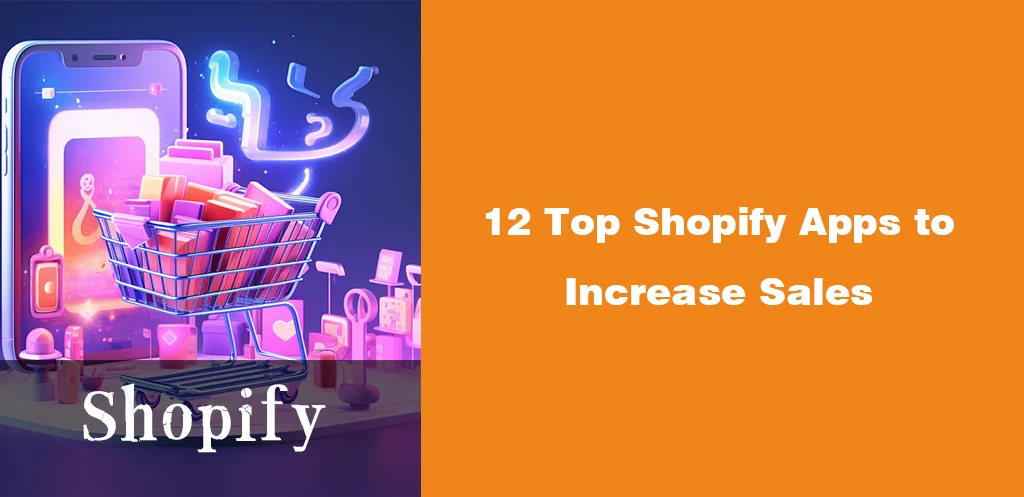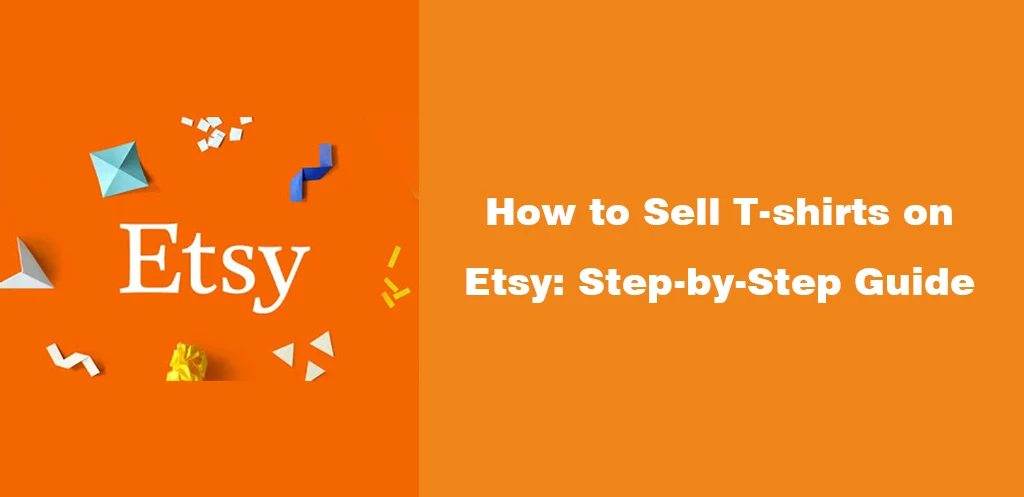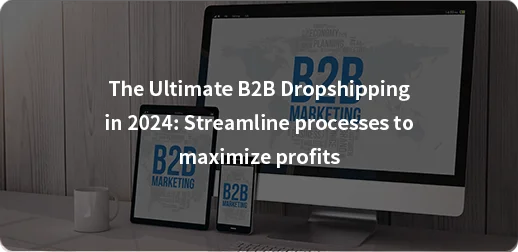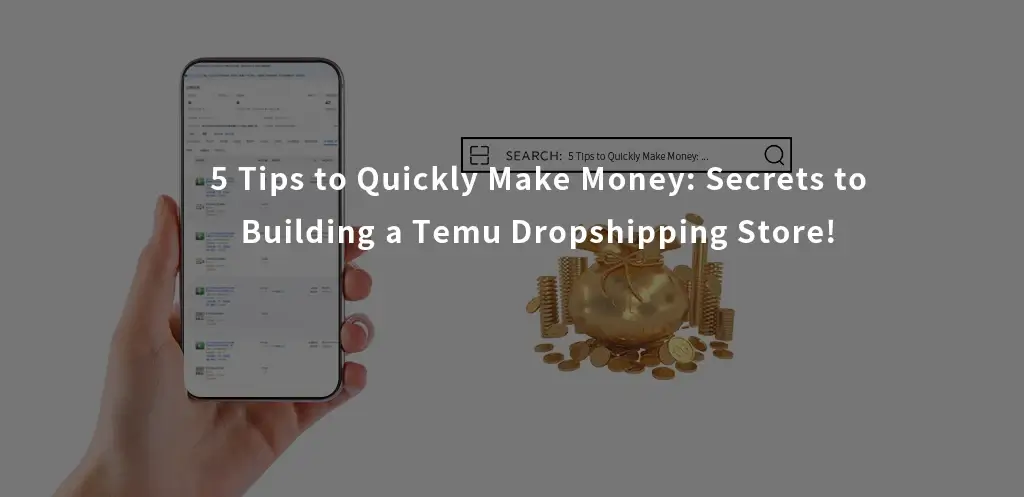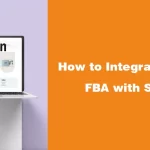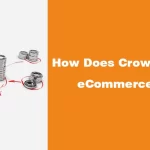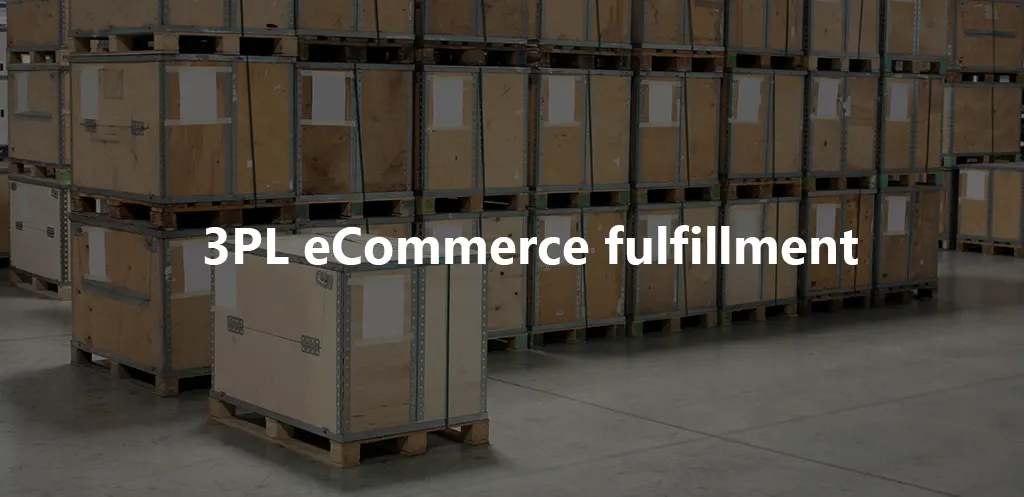
In today’s fast-paced eCommerce world, businesses need to be able to deliver their products to customers quickly and efficiently. This is where 3PL eCommerce fulfillment comes in. 3PL stands for third-party logistics, which means that a company outsources its logistics operations to a third-party provider.
In this article, we will discuss what 3PL eCommerce fulfillment is, how it works, and what you need to know before choosing a provider.
What Is eCommerce Fulfillment?
E-commerce fulfillment specifically refers to the pickup, packaging, and shipping of online orders to the final customer. However, it goes beyond just picking, packing, and delivering orders; it involves a slew of systematic steps that result in online orders getting delivered to the customer’s doorstep.
What Does eCommerce Fulfillment Do?
Order management
Order management keeps a comprehensive and real-time view of your entire fulfillment process, including tracking the status of individual shipments and returns, dealing with erroneous and incomplete orders, and noting ordering trends. This is how you make sure all the processes below work together seamlessly.
Inventory management
You can only ship what’s in stock. Inventory management involves storing, ordering, and restocking the products you sell on your online store.
Inventory management can help keep overhead costs low and customer satisfaction high. You risk spending too much on warehousing space if your inventory is overstocked. If your inventory is too light, you risk failing to meet your customers’ demands.
Striking that balance requires effective forecasting based on order trends and customer behavior. This can help you avoid running out or sitting on too much surplus.
Warehousing and storage
You can only run your eCommerce business out of your garage for a while. Good warehousing provides a safe place to store inventory and a conducive operating hub for quickly and efficiently processing orders.
Order processing
This step begins when a customer places an order. It involves verifying each order’s data, including payment details, shipping address, and other relevant information, helping ensure the right product will go to the right place at the right time.
Order fulfillment
This involves picking products from inventory, packing them for delivery, and shipping them to your customers. This is a labor-intensive step; doing it well can go a long way in controlling the quality of your customer’s experience.
Shipping & delivery
Now the rubber meets the road. The point at which you move your products from your warehouse to your customer is where delays are most likely, so refining this step is crucial to keeping customers happy and coming back for more.

Returns management
No matter how great your products are, returns are going to happen. The system for managing those returns is called reverse logistics, and it involves processing returned items and getting them ready for resale to avoid accumulating dead stock. By making it as easy for your customers to make returns, you can increase trust in your brand and lifetime value.
What Is 3PL?
3PL stands for third-party logistics, described above. The term third-party logistics is often also used interchangeably with order fulfillment. A third-party warehouse provides a full range of eCommerce fulfillment services. This can include warehousing, order processing, and shipping and receiving. Many 3PL warehouses provide other services. These can include customer support, returns processing, and customization.
The 3PL business model is the most common type of outsourced logistics company. There are other types, such as 4PL and 5PL, but most large and small companies are interested in 3PL.
The Pros of 3PL
Focus on your business
Outsourcing to fulfillment centers saves you the time you might have wasted picking, packaging, and shipping your items. In turn, you can focus more on the growth of your business – marketing products, increasing sales, and increasing revenue.
Save money on shipping
Shipping costs can be one of the largest expenses for e-commerce sellers. Because shipping rates are usually driven by volume, working with a fulfillment company gives you access to more economical freight charges. Additionally, most providers allow sellers to benefit from the collective volume of their entire warehouse – which saves you even more $$$!
No more manual inventory audits
Because your inventory is located at an order fulfillment warehouse, you won’t have to perform manual audits of your products yourself. This will save you a huge amount of time.
The fulfillment provider takes on those duties, and their findings will include integration with your inventory management tools so you are always informed about your inventory quantities.
Scale your business easily
Expanding or contracting the space needed for your inventory is much easier when you outsource fulfillment.
As the volume of your inventory changes, you don’t have to worry about finding more room for storage or paying for storage space that you are not utilizing.
No worry about customer service and returns
Customer service issues and processing returns can take up much of your time and resources!
When you partner with a fulfillment center, they support your customers and process returns for you.
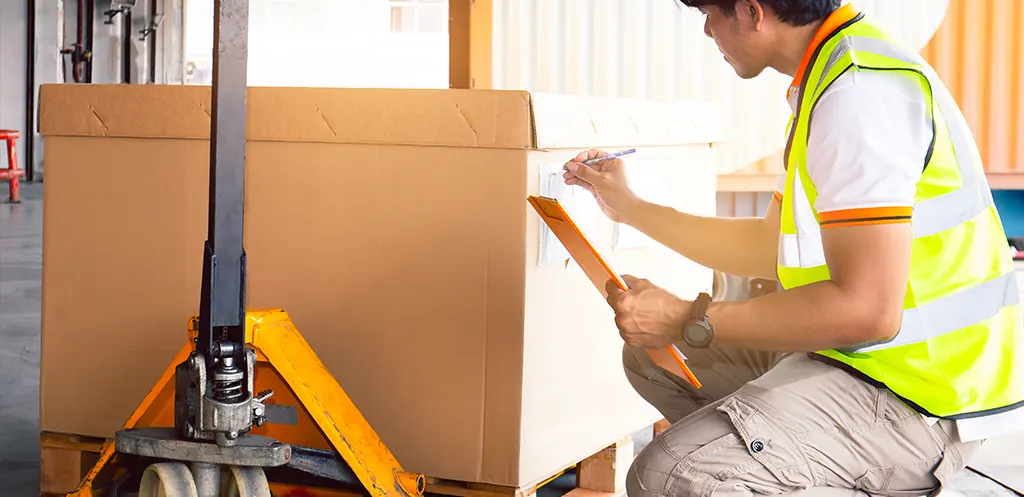
The Cons of 3PL
Loss of control
When a business outsources its logistics to a third-party provider, it essentially hands over control of its supply chain to someone else. This can be problematic if the 3PL provider has a different level of commitment to the business’s goals and objectives than the business itself.
Additionally, if the 3PL provider experiences any issues or delays, the business may be left in the dark and unable to take immediate action to resolve the problem.
The potential for communication breakdowns
When a business outsources its logistics to a third-party provider, communication between the two parties may not be as effective as if the logistics were managed in-house.
This can lead to misunderstandings, delays, and other issues that can negatively impact the business’s operations.
Unreliable 3PL provider
When a business outsources its logistics to a third-party provider, it entrusts its supply chain to someone else.
This can be risky if the 3PL provider is unreliable or if there are issues with the services’ quality.
Additionally, the business may be left in a difficult position if the 3PL provider experiences any legal or financial issues.

How to Select the Right 3PL Partner?
Determine Your Needs
Before looking for a 3PL partner, you need to determine your specific needs. What services do you require? What are your goals and objectives? What are your budget constraints? By answering these questions, you can narrow your search and focus on 3PL providers that meet your requirements.
Evaluate Their Experience and Expertise
When selecting a 3PL partner, evaluating their experience and expertise in your industry is important. Look for providers with a proven track record of success in your niche. They should have a deep understanding of your industry’s unique challenges and requirements and be able to offer tailored solutions to meet your needs.
Check Their Technology and Infrastructure
The right partner should have the technology and infrastructure to support your business operations. They should have a robust warehouse management system (WMS) that can track inventory levels, manage orders, and provide real-time visibility into your supply chain. They should also have a reliable transportation network and the ability to integrate with your existing systems.
Assess Their Customer Service
Customer service is a critical factor when selecting a 3PL partner. You want a provider that is responsive, proactive, and easy to work with. Look for providers that have a dedicated customer service team that can address your concerns and provide timely updates on your shipments.
Consider Their Pricing and Contract Terms
Pricing and contract terms are also important considerations when selecting a 3PL partner. Look for providers that offer transparent pricing and flexible contract terms that align with your business needs. Avoid providers with hidden fees or long-term contracts that lock you into a partnership that may not be beneficial in the long run.
Summary
3PL eCommerce fulfillment is a great way for businesses to streamline logistics operations and focus on their core competencies. When choosing a provider, consider their experience, technology, scalability, customer service, and cost.
With the right provider, you can ensure that your products are delivered quickly and efficiently, giving you a competitive edge in eCommerce.

